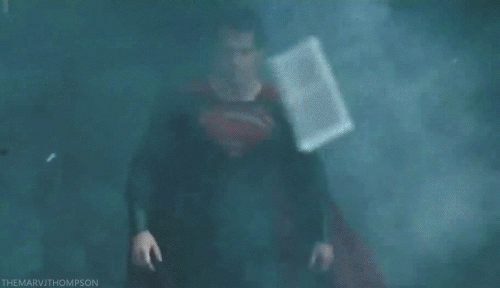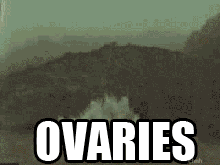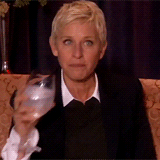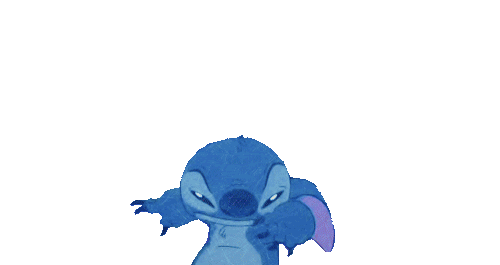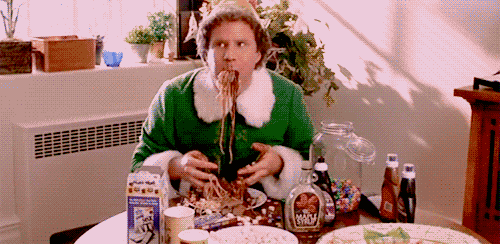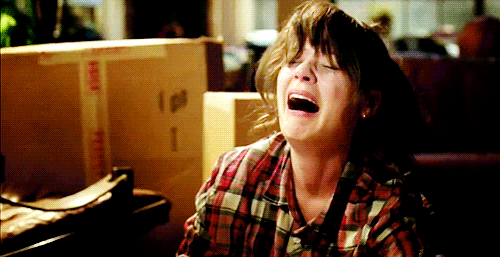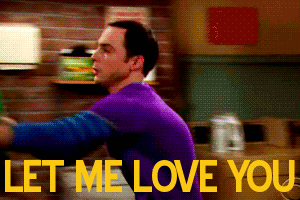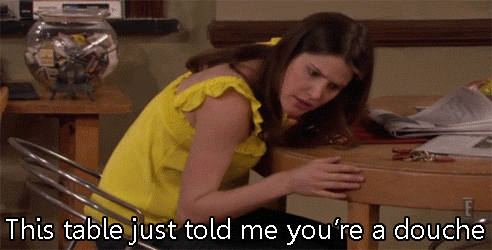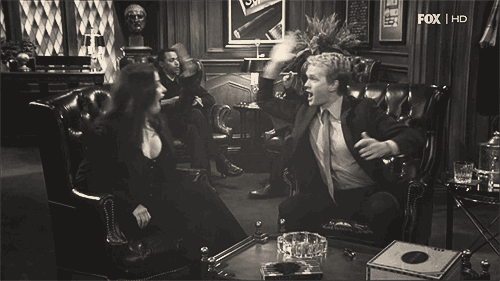Hi everyone, I’ve been tagged by two lovely
ladies to participate in the writing process blog hop. Please take a moment to
visit Tracey
Alvarez, my amazing CP and amazing author of Contemporary Romance, and my
friend Rachel
Pudelek who writes dark edgy YA.
1. What are you working on?
At the moment I’m working on the second book
in my Personal Protection series with Ellora’s Cave, called For His Protection.
In this book the roles are flipped, and feisty Brooke is our fearless bodyguard.
Unfortunately for her the person she’s been assigned to protect is none other than
Tyler Harrison, a man who will do anything to have her including letting her
think she’s in charge—for now.
This book is a little deeper and a little
darker than the first book in the series, but I’m finding it to be a
bittersweet, beautiful and heartbreaking book to write. I can’t wait until I
can share it with you!
2. How does your work differ from others in your genre?
I’m a total thrill seeker when it comes to books, I’m always skimming ahead searching out the next piece of action. So while hot, mind-blowing sexual tension and experiences might drive the characters through their journey’s in my work, there is no shortage of compelling plot. There’s always going to be a suspenseful undercurrent propelling the story.
3. Why do you write what you write?
When I first started writing I wrote a bit of everything because I hadn’t found myself as a writer yet. I was more conservative. Honestly, I was a little afraid to have people read work that was overtly sexual. When I was asked by my publisher to write an erotic romance, I made the decision to simply let it all out and completely do away with inhibitions. I started to write as if no one else would ever see what I put on the page, as if it were something private just for me. Writing that way was completely liberating. It brought elements of realism, authenticity and rawness, that I hadn’t achieved before. I could never go back to the old closed-off way of writing. I now put my whole self into it.
4. How does your writing process work?
I’ve now written
six books and I don’t think I’ve done it the same way once. If I have to think
of a process, I’d say I start with a single idea, such as What if a fiercely independent girl got stuck with a sexy domineering bodyguard?
How would they compromise? Then the idea takes a life of its own and I
usually have the key turning points mapped out in Scrivener, and then just
start writing. I love scrivener because as I think of new scenes I can quickly
outline it on a new note card, and drag ideas around if needed.
Who’s next?
I tag Stefanie London, her first book
about a ballerina and a footballer will be published by Harlequin Bliss soon!
You totally need to keep an eye on this girl!
Last, but not least,
I tag Cassandra Page, who writes YA
urban fantasy. You totally want to check out her great blog.


